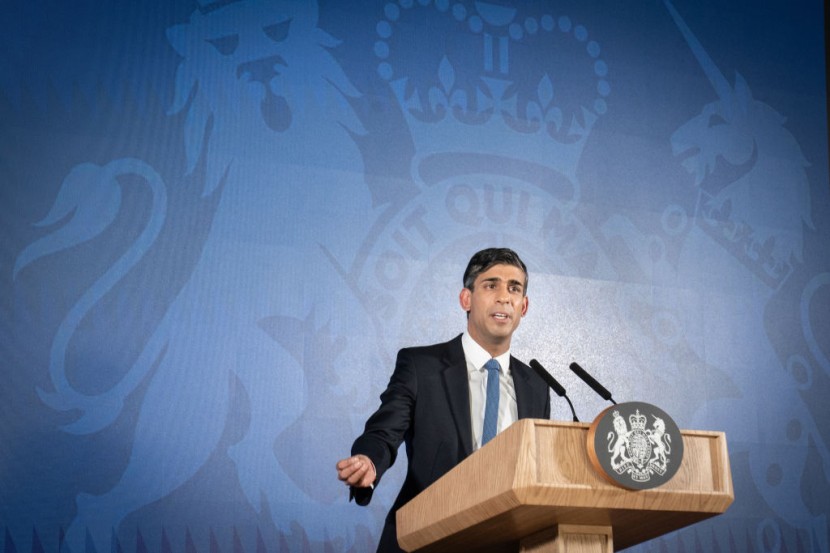
British Prime Minister Rishi Sunak has come under fire after his announcement of planned anti-strike laws that would allow employers to sack striking workers over minimum service levels.
He said that ministers were planning to make industrial action illegal in some sectors for failure to meet requirements. The legislation would enforce minimum service levels in six sectors. These include the health service, rail, education, fire, and border security, and would require a proportion of union members to continue working despite strike efforts.
Anti-Strike Laws
The situation comes as Britain has faced a series of industrial actions in the last few months, with strikes crippling several sectors, including the rail network, and are set to continue as surging inflation follows more than a decade of stagnant wage growth.
Under the new laws, the strikes would be considered illegal if unions refuse to provide the minimum levels of service. The legislation would give employers the power to sue unions and fire staff under government plans to curb the right to strike, as per Reuters.
The Prime Minister's office also declined to comment on the matter as on Wednesday, Sunak said that the government would lay out the next steps "in the coming days." On the other hand, opposition Labour leader Keir Starmer said that if his party won the next election, which is expected in 2024, it would repeal the law.
During a question and answer session followed by a speech on Thursday, Starmer said that they would look at what their rivals would bring forward. However, he said that if there were further restrictions, they would move to repeal it.
In an interview last month, Prime Minister Sunak said that the new law would protect people's lives and minimize the disruption to their livelihoods. Mick Whelan, the head of the rail union ASLEF, said that Britain already had among the worst trade union laws in Europe.
Read Also : Iran Releases Prominent Actor Taraneh Alidoosti on Bail Following Her Support of Protests
Immediate Opposition From Other Groups
According to BBC, in a statement, Business Secretary Grant Shapps said that the planned measures were being introduced to "restore the balance between those seeking to strike and protecting the public from disproportionate disruption."
Lawmakers are expected to publish the legislation by next week, with MPs debating it for the first time the week after. The new laws will apply in England, Scotland, and Wales but not in Northern Ireland.
The legislation is likely to face significant opposition in the House of Lords because only transport strikes were mentioned in the 2019 manifesto pledge of Conservatives to introduce minimum service levels.
A government source was quoted as saying that striking workers who defied minimum service levels could be met with dismissal for breach of contract. However, a business department source said that it was not the lawmakers' intention to penalize workers.
At roughly the same time as announcing the plans for the minimum service level laws, the government simultaneously announced the invitation of union leaders for discussions on next year's public sector pay settlements. These talks would take place on issues including pay evidence, workload, and conditions, said government officials, Bloomberg reported.
Related Article : Russia-Ukraine War: Kyiv Calls Vladimir Putin's Call for Ceasefire Over Orthodox Christmas a Hypocritic Request
© 2025 HNGN, All rights reserved. Do not reproduce without permission.








